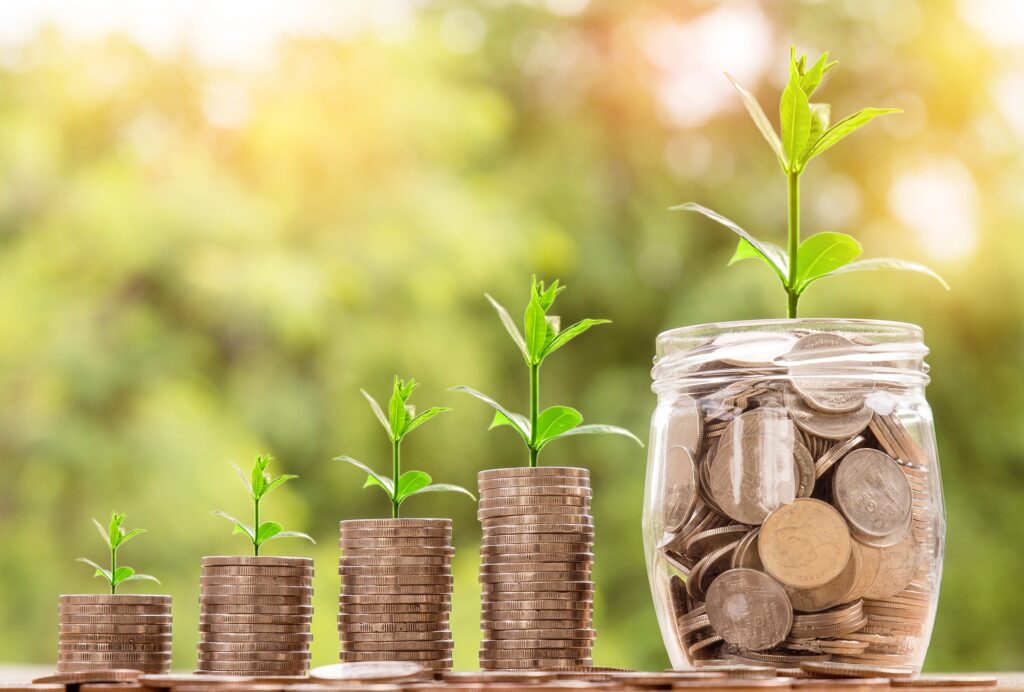As policy shifts towards fighting the global pandemic, green concerns are in danger of being side-lined, Gilles Moec says.
“The coronavirus has left us facing two trends when it comes to global warming. First, the risk that green concerns disappear from the collective consciousness for a while, seen as an unaffordable luxury in an era when we are “re-couping” the lost growth of 2020 and avoiding a lasting depression. After all, this is something which could be a priority for several years.
“Second, the opposite risk of seeing public opinion react to the pandemic with a generic rejection of globalisation, embracing alternative economic models which at first glance could reduce CO2 emissions, but at a massive cost to global economic growth.
“In this “de-growth” scenario, the lack of a recovery seemingly becomes the main tool against global warming, although we would question whether it would be politically and socially acceptable that we should collectively forfeit any rebound from the current recession in 2021 and then accept a decade-long recession, for example.
“We suspect that the associated social and geopolitical costs would be on par with those of global warming. There is nothing like an actual recession to make “de-growth” less appealing.
“We use a simple statistical illustration to reject both. At the current trend in carbon intensity – unit of carbon per unit of GDP – we think it is reasonable to expect that under our baseline for world GDP growth we could see CO2 emissions transitorily fall by 6% this year.
“This is still very far from the rate of decline consistent with the “emissions envelope” calculated by the GIC (Global Investor Coalition) which would keep global warming under 1.5 degrees by the end of the century. Indeed, we would need to see a further fall of 13% by 2030. And obviously the recovery which we expect for 2021 would see a rebound in CO2 emissions (such a pattern was observed in 2009-2010).
“This means that the ongoing recession is having only a very marginal impact on how we are consuming our “carbon envelope” and is not giving us “more time” to deal with global warming.
“The issue has not gone away magically because of the pandemic. Additional efforts at speeding up the decarbonisation of our economies are necessary and cannot be postponed, or very quickly we will face a stark choice between accepting to “let go” on curbing global warming, with the associated environmental, social and geopolitical costs, or accepting a phase of durable recession.
“The solution comes from investments. Global capex could be a lasting victim of the current recession, but at the same time, the European Commission estimates the investment effort needed to deliver the green transition at 2 to 3% of annual GDP. A lot of those “transition investments” are not immediately profitable – that is part of revealing the true cost of the negative externality which global warming ultimately is.
“But we can draw on the low level of interest rates, which is also likely to be a lasting consequence of the current recession. A European Climate Emergency Fund modelled on the European Stability Mechanism, which would issue front-loaded joint, very long-term debt and whose proceeds would be used to fund green transition projects undertaken by governments or corporations, could be the answer. Although it sounds far-fetched right now, there is an opportunity to reconcile economic growth, curbing global warming and making much needed progress on European fiscal integration via such a fund.
“It was probably unavoidable that Green concerns get side-lined at the peak of the policy fight against the pandemic, for both logistical and efficiency reasons. The risk now is to lose track of them entirely as we design the medium-term support to our economies.”
About AXA Investment Managers
AXA Investment Managers (AXA IM) is an active, long-term, global multi-asset
investor. We work with clients today to provide the solutions they need to help
build a better tomorrow for their investments, while creating a positive change
for the world in which we all live. With approximately €801 billion in assets
under management as at end of December 2019, AXA IM employs over 2,360
employees around the world and operates out of 28 offices across 20 countries.
AXA IM is part of the AXA Group, a world leader in financial protection and
wealth management.
Visit our website: www.axa-im.com





























